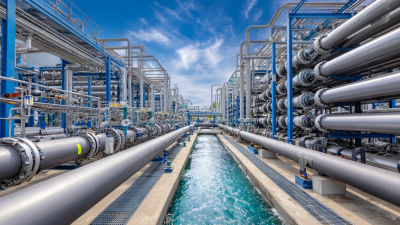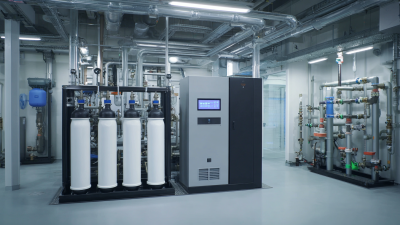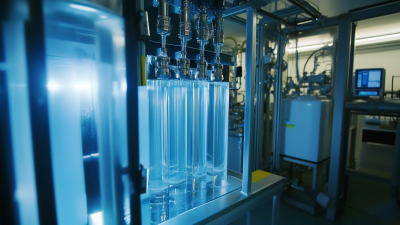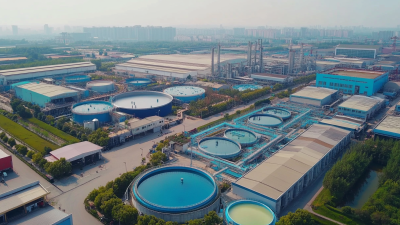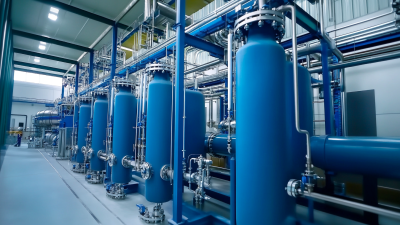Leave Your Message
Request a Quote
In an era where clean and safe water is paramount, Ultra Filtration technology emerges as a crucial solution to meet these demands. This advanced filtration process utilizes semi-permeable membranes that effectively separate particles, bacteria, and organic compounds from water, ensuring the delivery of high-quality drinking water. As global challenges such as water scarcity, pollution, and increasing population pressures continue to mount, the need for efficient and reliable water purification methods becomes ever more critical. Ultra Filtration not only offers an energy-efficient alternative to traditional filtration techniques but also emphasizes sustainability by reducing the need for chemical treatments. Understanding Ultra Filtration is essential for stakeholders across various sectors, including municipal water treatment, industrial applications, and even residential use, as it highlights the importance of integrating cutting-edge technologies into modern water management practices for a healthier future.
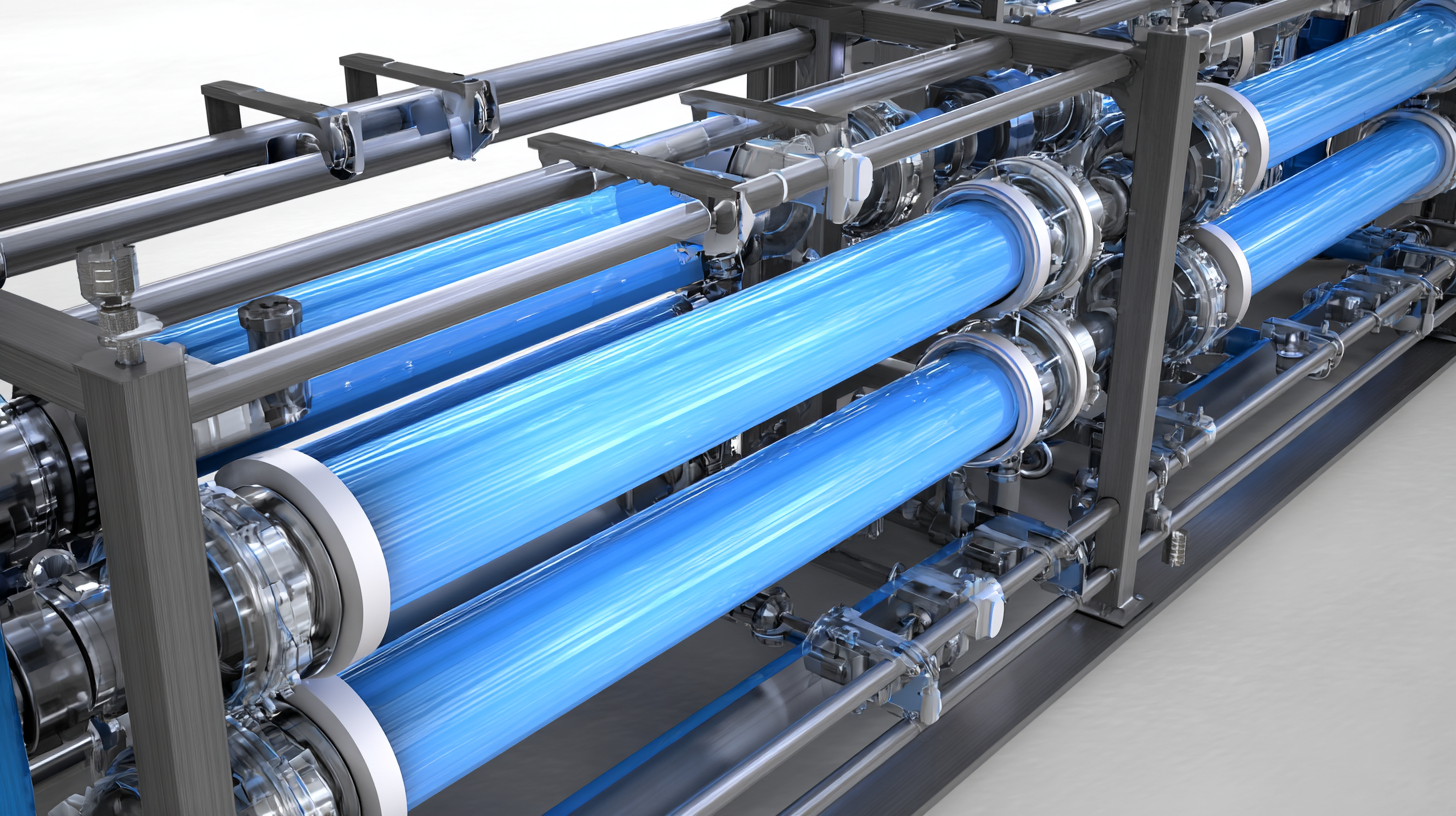
Ultra Filtration (UF) technology is a sophisticated water purification method that utilizes semi-permeable membranes to separate particles, bacteria, and larger molecules from water. This process operates under pressure, allowing water to pass through the membrane while retaining contaminants on the surface. The pore size of the UF membranes typically ranges from 0.1 to 0.01 microns, effectively filtering out microorganisms and particulates while allowing essential minerals and water to flow through.
The working principle of ultra filtration hinges on the concept of size exclusion and pressure-driven filtration. As water is pushed through the membrane, contaminants such as suspended solids, colloids, and some pathogens are unable to pass through due to their larger size compared to the membrane’s pores. This makes UF technology highly effective for producing high-quality permeate water suitable for various applications, ranging from drinking water treatment to industrial processes. Additionally, UF systems are often combined with other purification methods, enhancing their efficiency and providing a robust solution for clean water needs.
Ultra filtration (UF) is becoming increasingly essential in providing clean water solutions, primarily due to its ability to remove particles ranging from 0.01 to 0.1 microns in size, including bacteria, viruses, and colloids. According to the Water Research Foundation, UF membranes can effectively filter out 99.9% of pathogens, which is crucial in maintaining public health. This technology operates without the need for harmful chemicals, making it a preferable choice for municipalities and industries that aim to adopt sustainable practices.
The global ultra filtration market is projected to reach approximately $5.38 billion by 2026, with a compound annual growth rate (CAGR) of 7.4% from 2021 to 2026, as reported by Global Market Insights. The increasing demand for high-quality drinking water and the need for wastewater treatment are driving the growth of this technology. Moreover, in regions where traditional filtration methods have proven inadequate, UF systems offer a reliable alternative. As more governments and organizations recognize the importance of safe and accessible water, ultra filtration stands out as a critical technology that enables efficient, scalable, and environmentally friendly water solutions.
Ultra filtration (UF) technology is gaining traction as a superior method for water treatment due to its numerous advantages. One of the key benefits of utilizing UF in water treatment is its ability to effectively remove a wide range of contaminants, including bacteria, viruses, and suspended solids. This membrane filtration process operates at relatively low pressures, allowing for efficient separation without significant energy consumption. As a result, facilities can achieve high-quality purified water while minimizing operational costs.
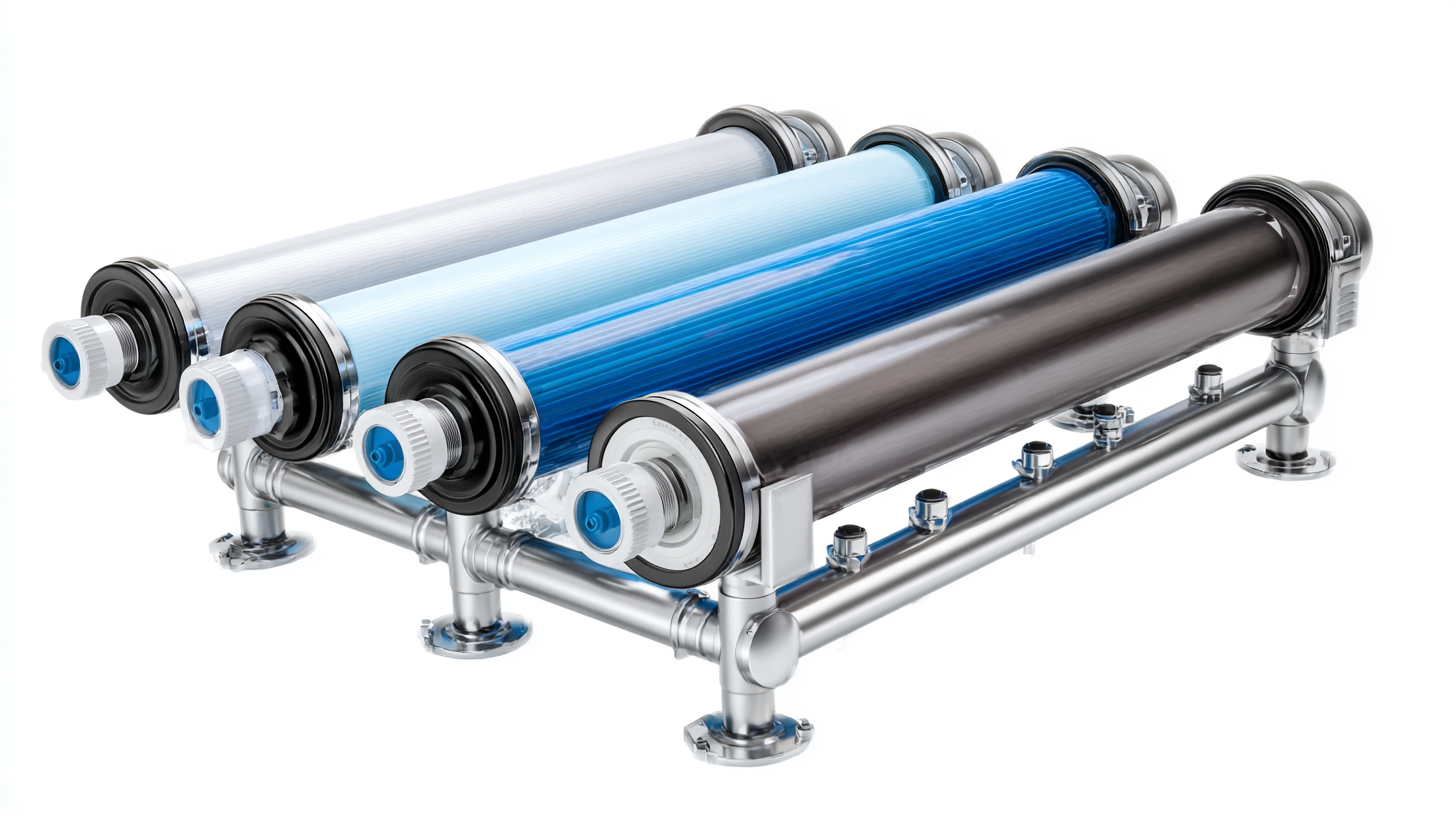
Additionally, ultra filtration enhances the longevity of downstream treatment processes, such as reverse osmosis, by pre-treating feed water. By removing larger particles and organic matter, UF reduces the fouling potential of membranes used in subsequent filtration stages. This leads to less frequent cleaning and longer service life for these systems. Furthermore, UF technology is versatile and can be integrated into various applications, from municipal water supply to industrial processes, ensuring that clean water solutions can be tailored to meet specific needs.
Ultra filtration (UF) technology has emerged as a leading solution for clean water, outperforming conventional purification methods in numerous aspects. One of the notable advantages of UF is its ability to effectively remove particles down to 0.01 microns, including bacteria, viruses, and colloidal substances. According to a report by the International Water Association, UF systems can achieve over 99% removal rates for these contaminants, providing a level of safety that conventional filtration techniques often struggle to match. This makes UF particularly suitable for supplying clean drinking water in both urban and rural settings.
When considering water purification methods, choosing ultra filtration can lead to significant efficiency gains. Unlike reverse osmosis, which requires a high pressure and disposes of a large volume of wastewater, UF operates at lower pressure, resulting in lower energy consumption and reduced environmental impact. In fact, a study published in the Journal of Water Process Engineering highlighted that UF systems can decrease energy use by up to 30% compared to traditional methods, making them a more sustainable choice.
Tips: When selecting an ultra filtration system, ensure you choose one with a membrane that meets NSF/ANSI standards for safety and performance. Regular maintenance and monitoring will further enhance efficiency, helping to prolong the life of the system and maintain optimal water quality.
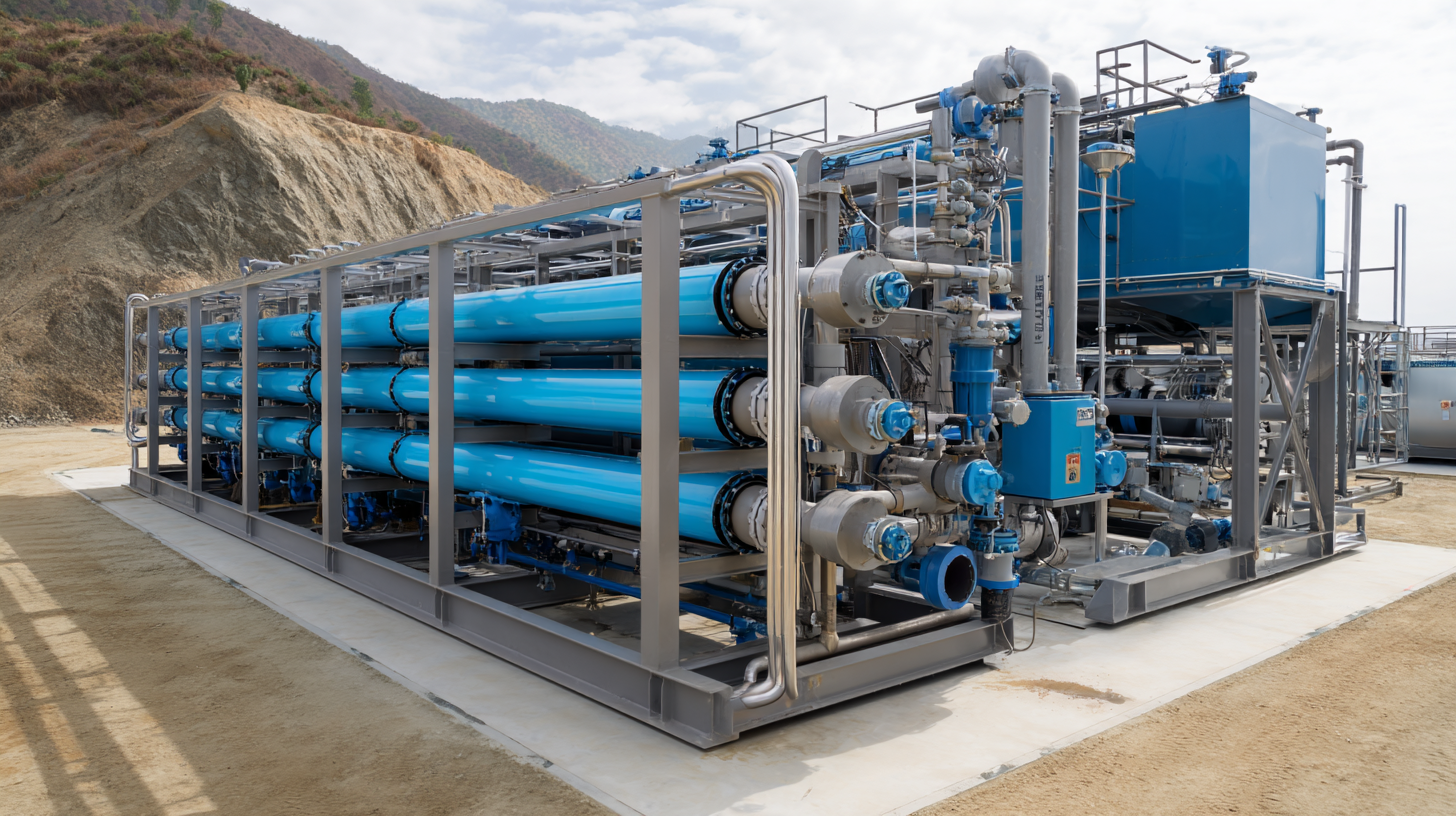 Ultra filtration technology is becoming increasingly important in sustainable water management practices, particularly as global demand for clean water rises. This membrane-based filtration method effectively removes contaminants, including bacteria, viruses, and suspended solids, ensuring that potable water is both safe and sustainable. By providing a barrier that only allows water molecules and certain small solutes to pass through, ultra filtration plays a critical role in water purification processes, making it an essential component in various applications from municipal water treatment to industrial processes.
Ultra filtration technology is becoming increasingly important in sustainable water management practices, particularly as global demand for clean water rises. This membrane-based filtration method effectively removes contaminants, including bacteria, viruses, and suspended solids, ensuring that potable water is both safe and sustainable. By providing a barrier that only allows water molecules and certain small solutes to pass through, ultra filtration plays a critical role in water purification processes, making it an essential component in various applications from municipal water treatment to industrial processes.
The growing market for nano porous membranes underscores the significance of advanced filtration techniques like ultra filtration. With a projected market size of $280 million by 2030, reflecting a compound annual growth rate of 11.6% from 2024 to 2030, the demand for efficient water treatment solutions is evident. Ultra filtration not only enhances the quality of recycled water but also promotes the sustainability of resources by reducing the dependence on traditional methods. As such, integrating ultra filtration into broader water management strategies is a vital step toward creating resilient, eco-friendly solutions for future generations.
